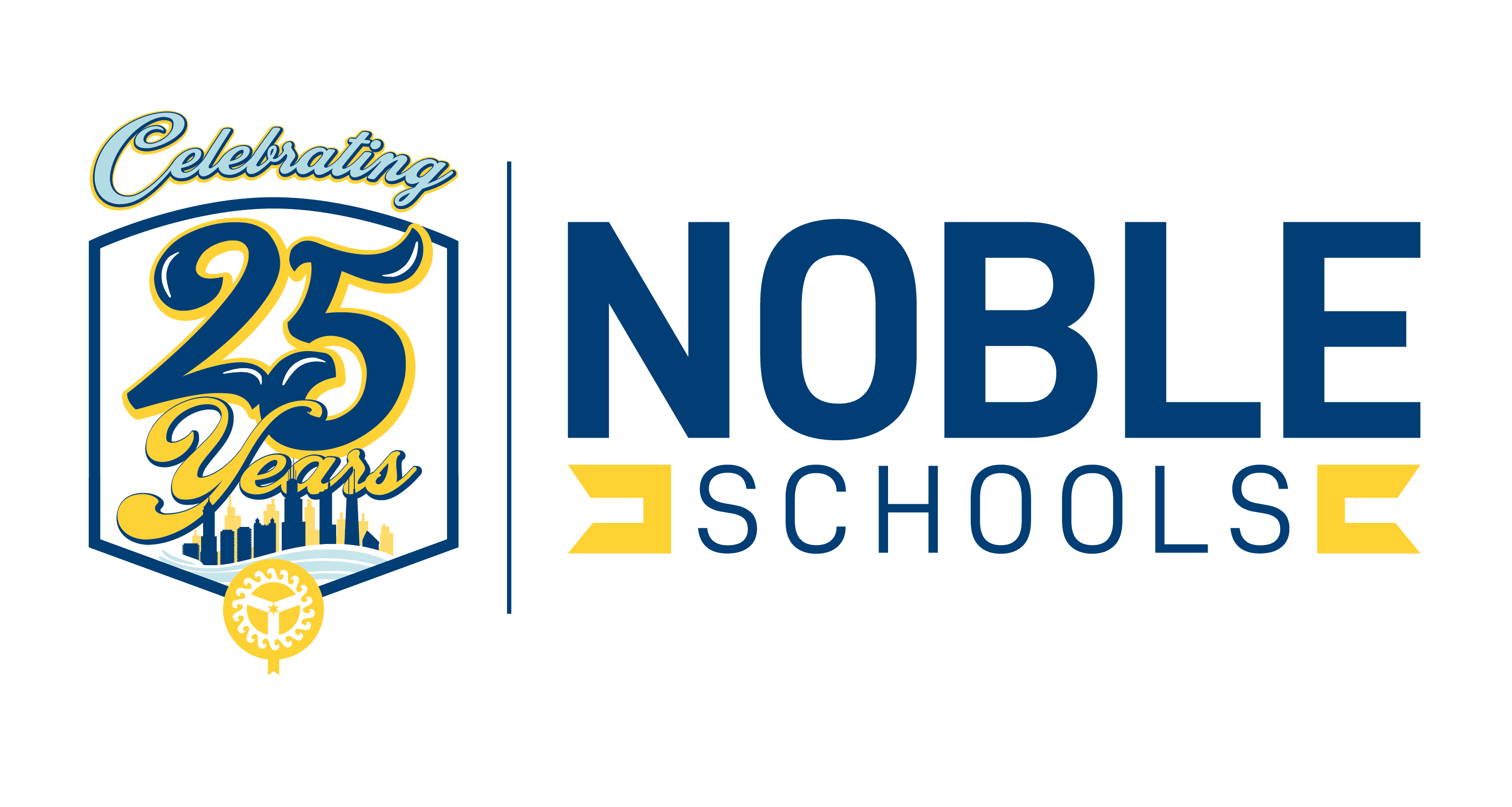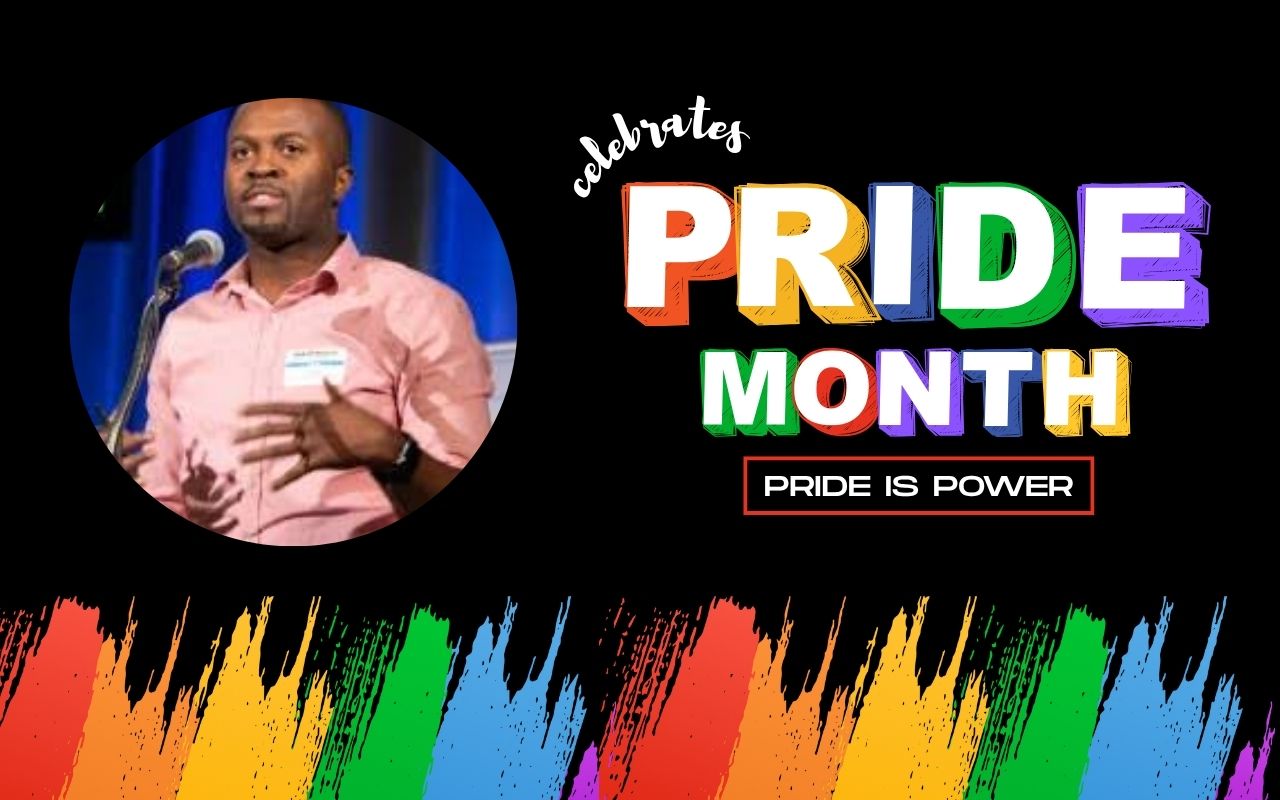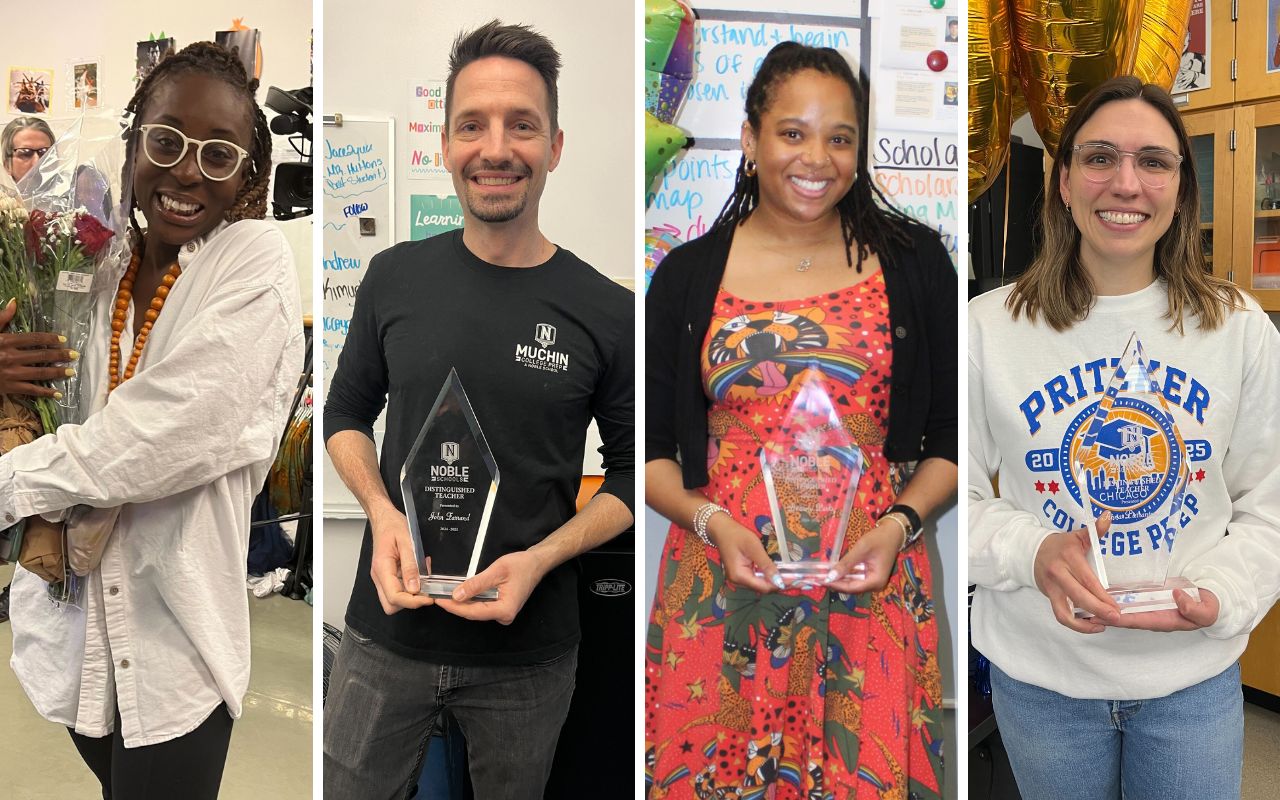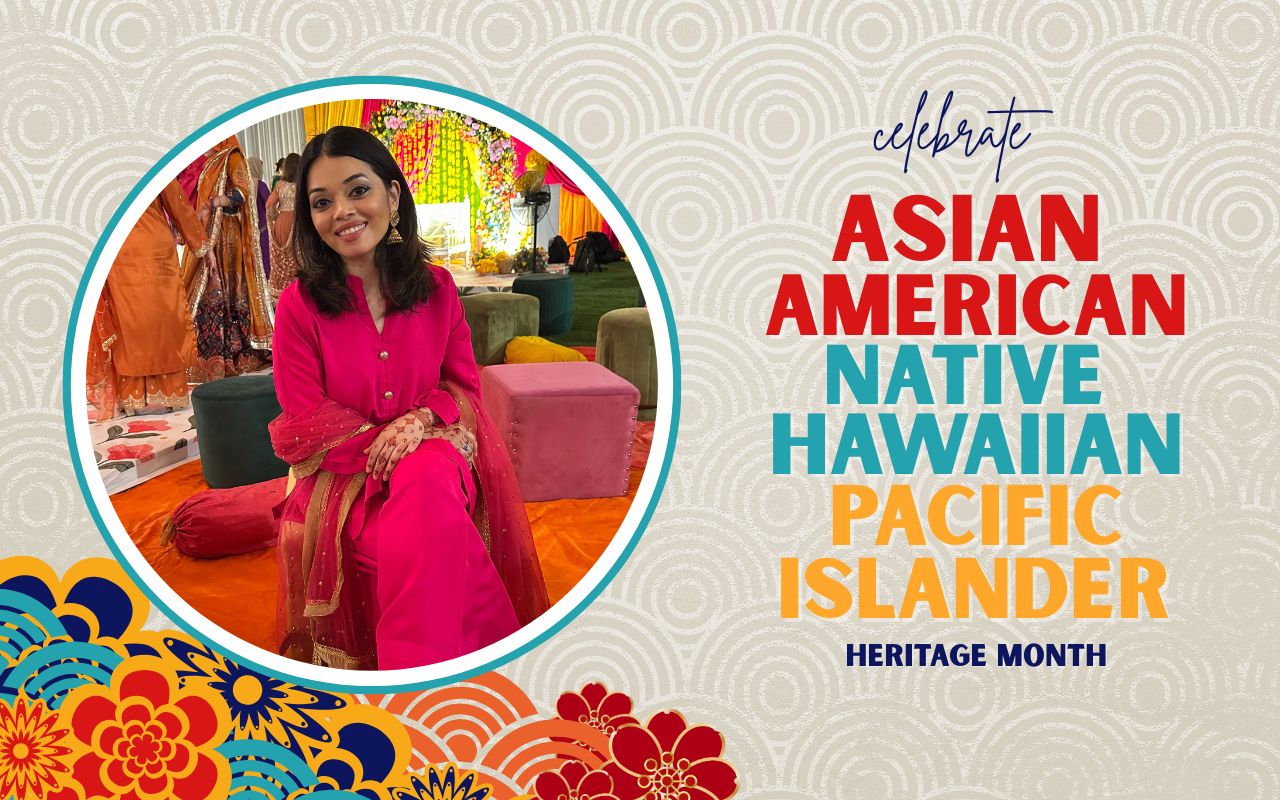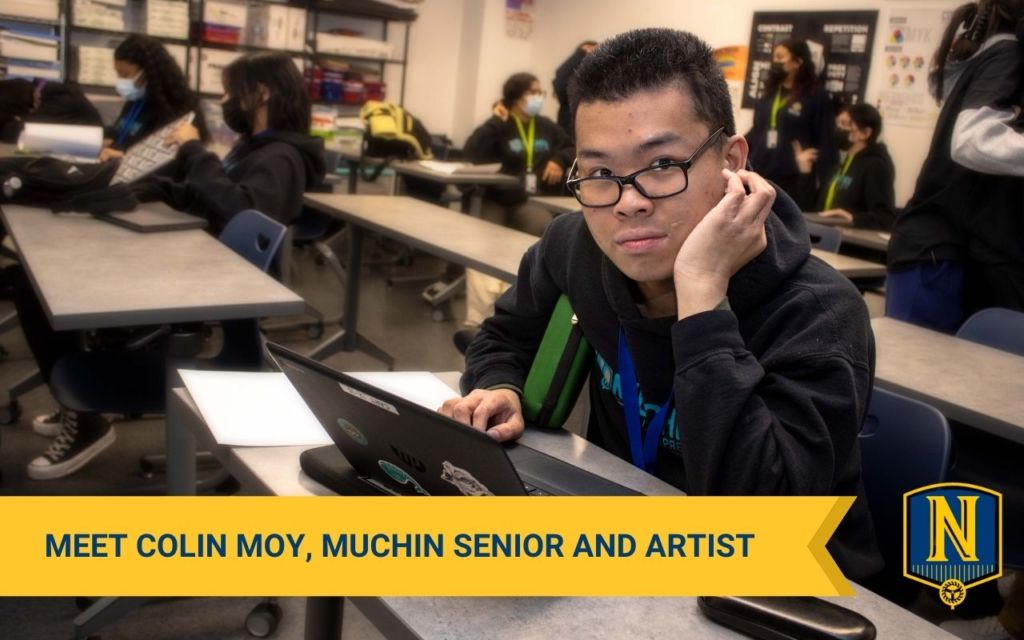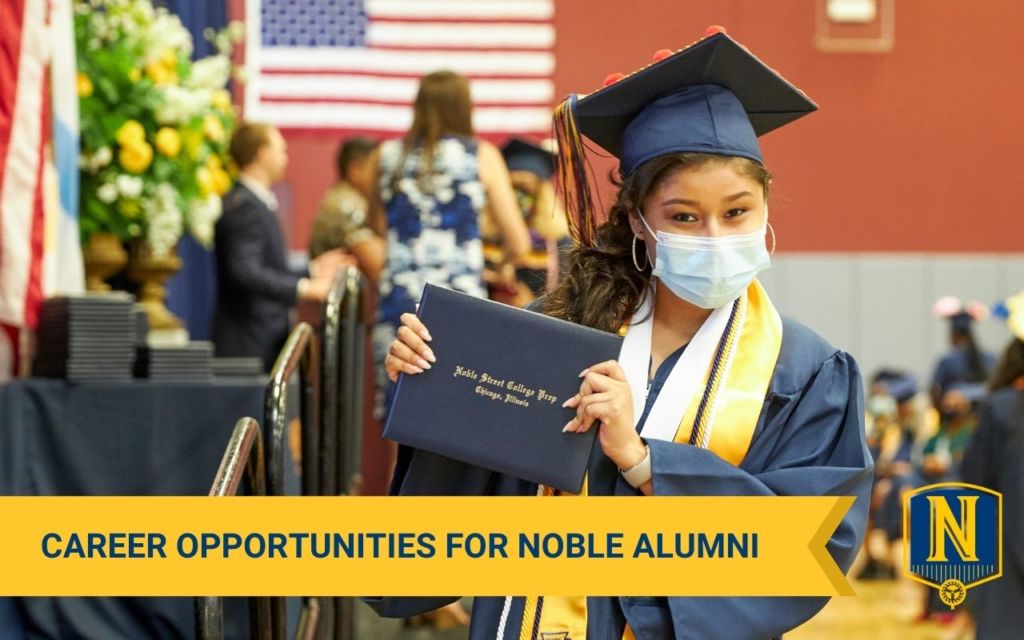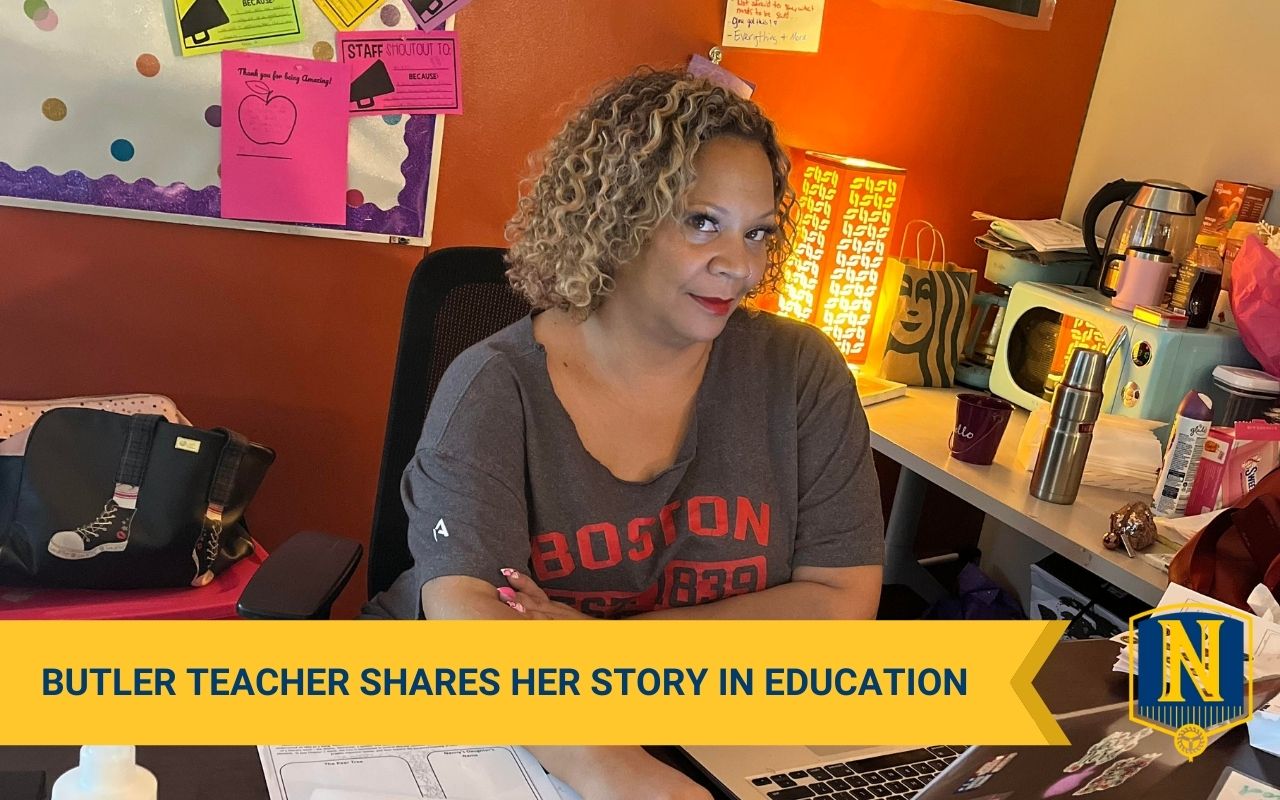
This article is written by Michele L. Bims-Ellis, an English Language Arts teacher at Butler College Prep.
“To educate as the practice of freedom is a way of teaching that anyone can learn. That learning process comes easiest to those of us who teach who also believe that there is an aspect of our vocation that is sacred; who believe that our work is not merely to share information but to share in the intellectual and spiritual growth of our students. To teach in a manner that respects and cares for the souls of our students is essential if we are to provide the necessary conditions where learning can most deeply and intimately begin.”
-Bell Hooks, “Teaching to Transgress: Education As the Practice of Freedom”1
“Kasserian Ingera” which means “And how are the children?” is the standard greeting of the Masai warrior tribe in East Africa. These warriors are known for their cunning, their deadly skills and their intelligence. They are strong warriors, ones who would never give up anything they hold dear without a fight. These quintessential warriors are proud, silent, swift and deadly; the very embodiment of “semper fidelis” – forever faithful. These protectors of the village, defenders of tradition, and providers of all things, needed and wanted to greet one another with “And how are the children?”. The hoped-for response is “all the children are well.” This response indicates that the village is safe and at peace, everything that is needed is provided; there is harmony, joy, love and stability among one another. 2
When the question “How are the children?” is posed here, the response is not “they are well.” In this country, the children we teach have weathered many unique struggles. They have never known a world without social media. They’ve seen The Capitol stormed by supposed patriots. They’ve watched their parents survive a financial crisis. They have family who watched or survived Hurricane Katrina and 9/11. If that was not enough, COVID-19, anyone?
The children are on the verge of being extinct. I use extinct because they are physically dying at such an alarming rate. I use extinct because the innocence of childhood is dying. We no longer have children who are carefree and innocent. Our students are faced with situations we cannot fathom. I often wonder if America is falling from grace faster than Lucifer fell from heaven because we as a society have not collectively asked “And how are the children?”. The desire to contribute to the hoped-for response, “All the children are well,” led me to teaching.
MY JOURNEY AS A TEACHER
My path to teaching was convoluted and non-traditional. My undergraduate education ended the first time, not with graduation, but with me dropping out at the end of my junior year. I spent the first part of my adult career in the hospitality industry. I was a server who eventually managed restaurants, clubs, etc. When I was 33, I decided to return to school to finish my degree.
Looking back, this was my first step to becoming a teacher. I wanted to finish my degree in English, so I did, but even after graduating, I continued to pursue even more education. I was called to youth ministry and began what I thought would be my final degree program in Christian Education at Northwestern University. My idea was that I would eventually wind up tenured in higher education and consulting with churches nationwide on how to effectively do youth & young adult ministry.
While completing the research and writing portion of that degree program, I decided to become a substitute teacher in a high school, in addition to my work as a teacher’s assistant. I did not want to write about what children needed without interacting with them consistently. My second year, I was asked to cover the maternity leave of the AP Language and Composition teacher. When she returned, I covered a different extended leave for another teacher. I realized then that I wanted to be in the classroom, in a high school.
I applied to and was accepted by The New Teacher Project for the Indianapolis Teaching Fellows (ITF) Program. I was also granted a Transition to Teaching permit while I completed my program.
With the permit, I started my first teaching job as a 9th grade ELA teacher at Northwest High School in Indianapolis. I graduated with a Master of the Arts in Teaching from Marian University in 2018 and was granted a teaching license for three states through my program. Since then, I have worked with private curriculum consortiums, College Board, Case Method Institute, and I still teach occasionally in higher education. However, my joy comes from teaching high school.
WHY I TEACH
I love being a teacher. I love watching the light bulb moments for our students. I consider teaching a privilege. I have had many moments in my teaching career that have been defining. However, the one that sustains me when I question my sanity, when I feel as though I am failing my kids, is rooted in “my why.”
During my postgraduate program, I was a TA for the incoming freshman writing course at a predominantly white institution (PWI). Students of color who excelled in school consistently wound up on academic probation. The A’s that were earned in inner-city and rural communities did not compete with A’s earned by students in affluent communities. This led me back to that first moment when I applied to go back to school. How was my educational experience different academically from the students I was encountering?
I grew up in Hyde Park and first went to the private University of Chicago Laboratory School for grammar school. Then, in a complete departure, my mama sent me to DuSable High School – an inner-city public high school with metal detectors on the doors, in 1986. She felt I needed a different social and cultural experience.
I went to school with many students who have a lot in common with the kids I teach today. What I remember is all of us being held to high standards, being told “you can, you will, you must.” No one at DuSable lowered the bar. If anything, their expectations were higher. My education did not suffer – I did exceedingly well on my ACT, was accepted to my top choices for college, both Ivy League and HBCUs. I had friends who had kids of their own in high school, who came from poverty that I could not comprehend, whose families had tales of heartbreak – and yet no one gave them a pass. Those same friends own businesses, have PhD’s, and have moved their families out of poverty. The class of ‘90 is flourishing… so why are our students today struggling academically?
Could it be that they are not expected to excel academically? Do we, as a teaching community, think we are helping them by lowering our expectations of them because their lives are so hard? I became a teacher because I believe with my whole being that our children are just as smart, just as capable, and just as deserving of a quality education as any other student. Education is our students’ opportunity to change their narrative. This is why I teach.
MY GOALS AS A TEACHER
During my Master of Divinity program, I had a professor who told me that less than six hours of preparation for a sermon was an insult to God’s intelligence, not to mention the congregation’s. Whether I am teaching sacred text, Intersectional Feminism and Womanist Theologies, Youth and Young Adult Ministry that Matters, or English Language Arts to high school students, I have a duty to my craft to prepare with intentionality. I owe my students the very best I have to offer. It is my privilege to prepare lessons that educate the next generation.
This year, without question, has been the hardest year of teaching for teachers across the country. I swear I have thought about quitting 10 times a day. One question that has been on my mind in the midst of all these changes that are happening in our country and in our school buildings is “What is the plan? Where are we going in this plane that we are building while flying?”
For my sanity, I decided to focus on my locus of control. I have a plan – to serve my kids. My plan is to find as many ways possible to meet them at their point of need. My plan is mastery of skill. My plan is to remember that my students are a reflection of my ability to teach. If that reflection is not one I am proud of, then I must change the course and offer multiple pathways to success. My kids are my plan.
I have had to recommit myself to this heart work. I promised myself and my students that I would continue to teach to help students transgress all barriers, in order to build a community of radical inclusivity where children are valued. I will create a sacred, safe space in my classroom where students can explore and make mistakes.
To paraphrase the incomparable mind of Dr. James Cone, a Black liberation theologian: Education is the liberator of the oppressed and any action that does not seek to promote and implement the liberation of marginalized people is invalid. For those of us who are teachers, scholars, theologians, or pastors, to do any less would render us invalid.
So, when we ask the question, “And how are the children?”, my answer is that they are not all well, not yet. But they will be.
Footnotes:
1 Hooks, Bell. Teaching to Transgress: Education As the Practice of Freedom (Great Britain, Routledge, 1994), 13.
2 Joy DeGruy Leary, Post Traumatic Slave Syndrome: America’s Legacy of Enduring Injury and Healing (Oregon: Uptone Press, 2005), 4.
